Response to “Sometimes a Rock is Just a Rock”
Maybe you came here hoping for an epic takedown of the “Sometimes a Rock is Just a Rock” opinion piece. How ironic, given that an overlooked point of that piece was a call for less division. While I also found it disconcerting to see my white counterparts wish that everything wasn’t related to “politics” when they feel uncomfortable, I see merit in having “communal spaces and traditions that are exempt from the polarization of politics.”
However, in cases like the rock, where systems of oppression must be discussed for the sake of victims’ lives, how can we find a happy medium? The answer lies in the question: happy medium. Joy. Mediums and spaces that recognize the struggles of marginalized communities in more lighthearted ways are valuable for both individuals who belong to said communities and those who don’t.
I can personally attest to this. It’s nearly impossible to separate one voice from another as my queer classmates and I clamor over each other during planning meetings for our Gender and Sexuality Alliance (GSA)’s drag show, speculating whose glitz and glam will claim the crown and leave the audience squealing in delight. Did we still discuss the systems of oppression that fuel gender dysphoria and drive some of us toward drag? Yes. Both queer GSA members and the straight allies who attended our first planning meeting about the evolution of drag participated in this discussion. Yet, while the preparation for the drag show educated individuals who were not from our community, the show itself will still provide us with a lighthearted, therapeutic channel of self-expression.
I can also attest to the value of joy as a form of education in marginalized communities that I am not a part of. Never will I think of B-CC and not immediately recall last year’s Culture Day. Indigo, lilac, dijon. Silk, chiffon, satin. Decked out in our culture’s finest with our hands lugging traditional dishes, students of numerous backgrounds and affinity groups showcased clothing and food from countries all around the world. Our conversations delved into the actual history and traditions of these countries, leading students to find shared delights and struggles between their cultures.
However, joy as a form of education is not an alternative to the more emotionally taxing ways of educating oneself. Learning about a system of oppression and your relation to it in a more comedic or easygoing context does not mean your work is done, and we will all join hands to declare world peace.
Nor does it mean that you can seek out lighthearted mediums and spaces in a haphazard manner. From checking (not assuming!) that you can enter a space that’s traditionally for a marginalized group to avoiding voyeurism, practice humility as you go.
Hopefully, during that process, this supplementary option of educational joy will ease emotional distress and even deter some of that “political polarization” that students have highlighted. After all, joy has an undeniably humanizing effect.
When you make these connections with people, it’s harder to walk away from them and whatever they find important—even if that’s a rock.
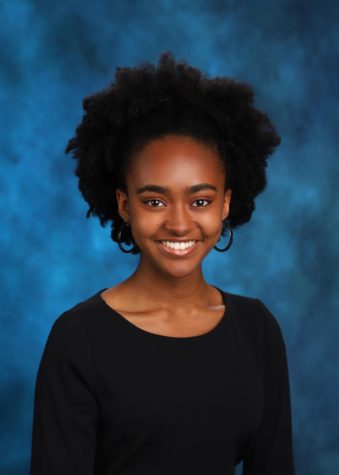
Obse Abebe, a B-CC senior, serves as one of The Tattler's Editors-in-Chief. Her passion for journalism stems from her desire to empower the masses with...

Claire Wang, a B-CC senior, serves as the Co-Director for The Tattler's Art Team and a contributing writer. She also has two dogs and two cats.



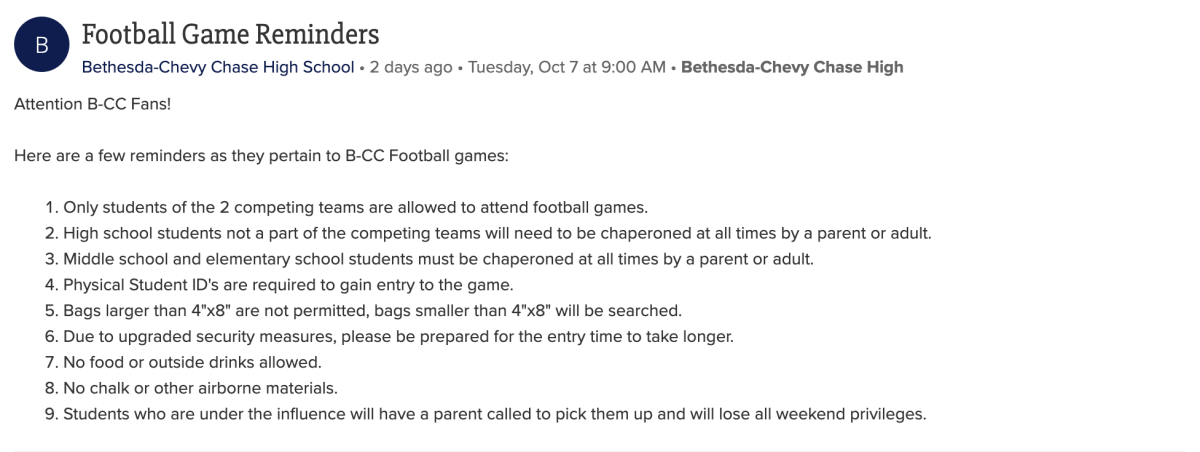


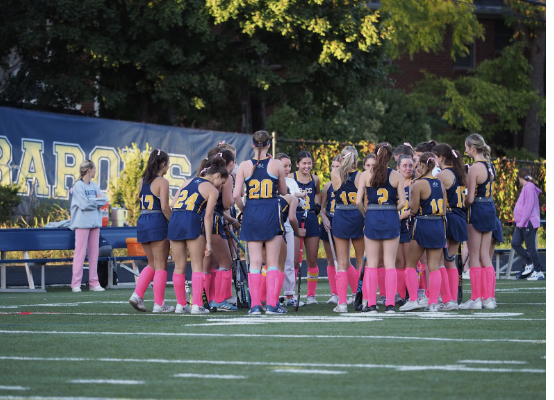
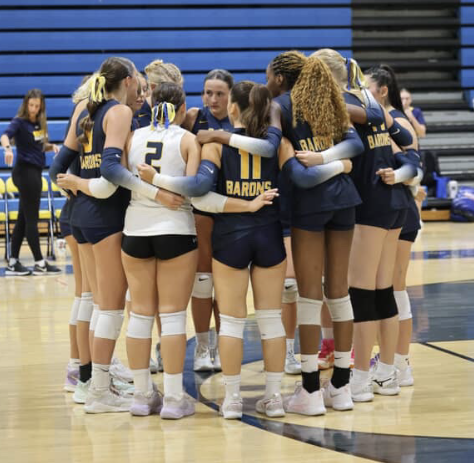
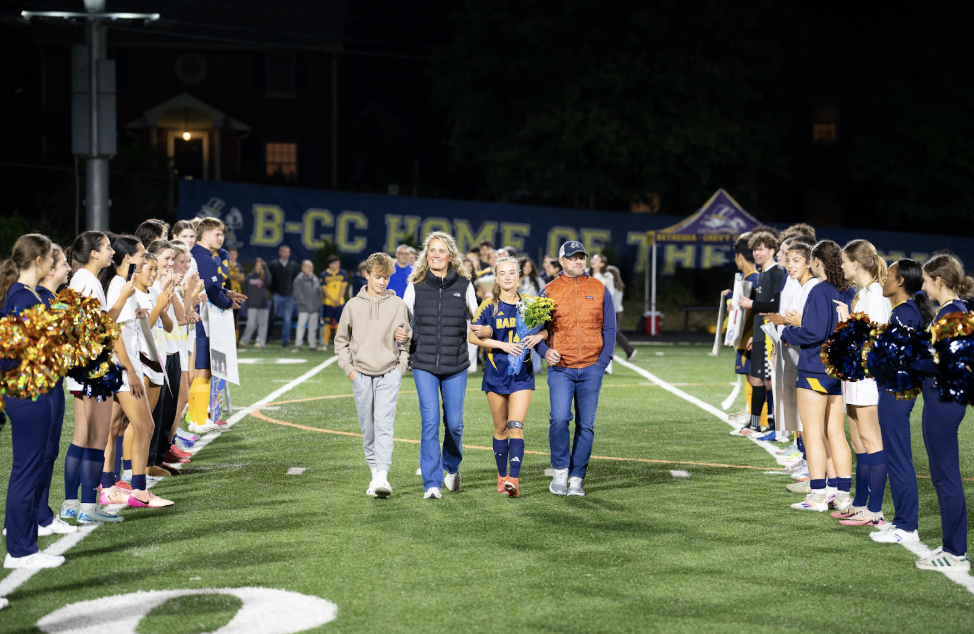
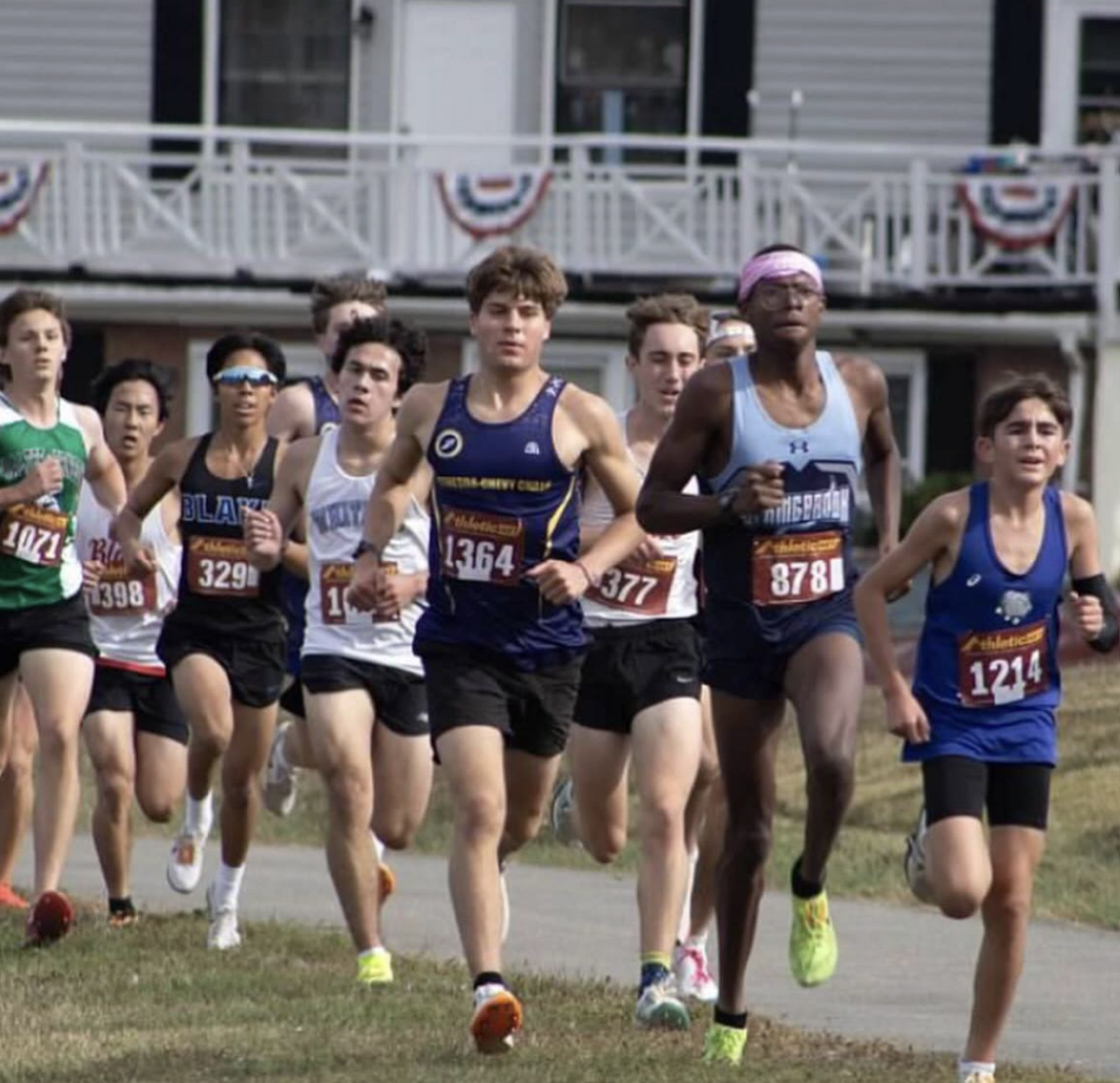



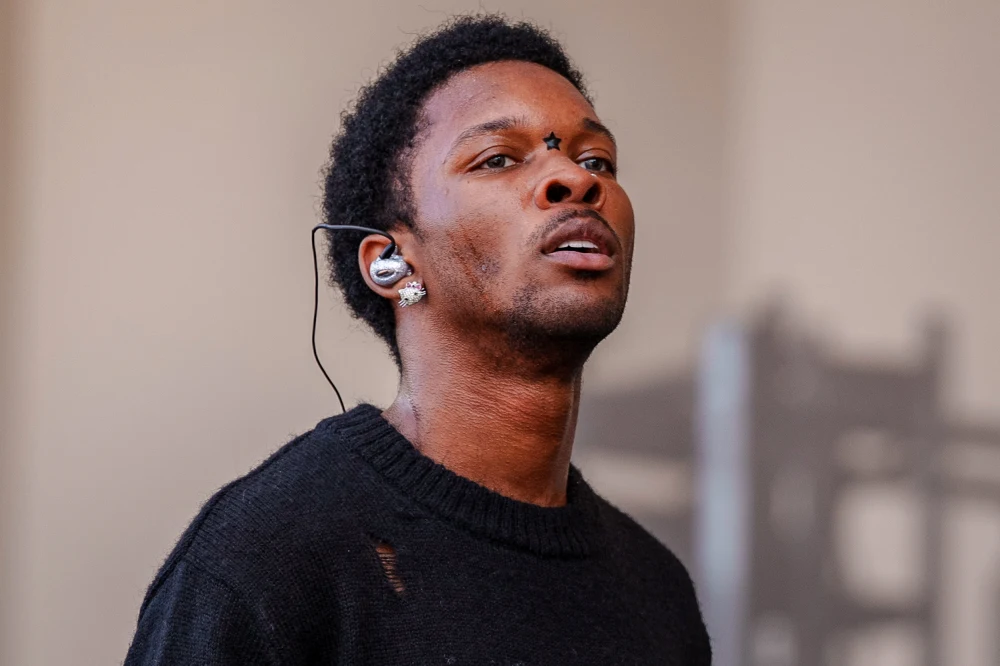





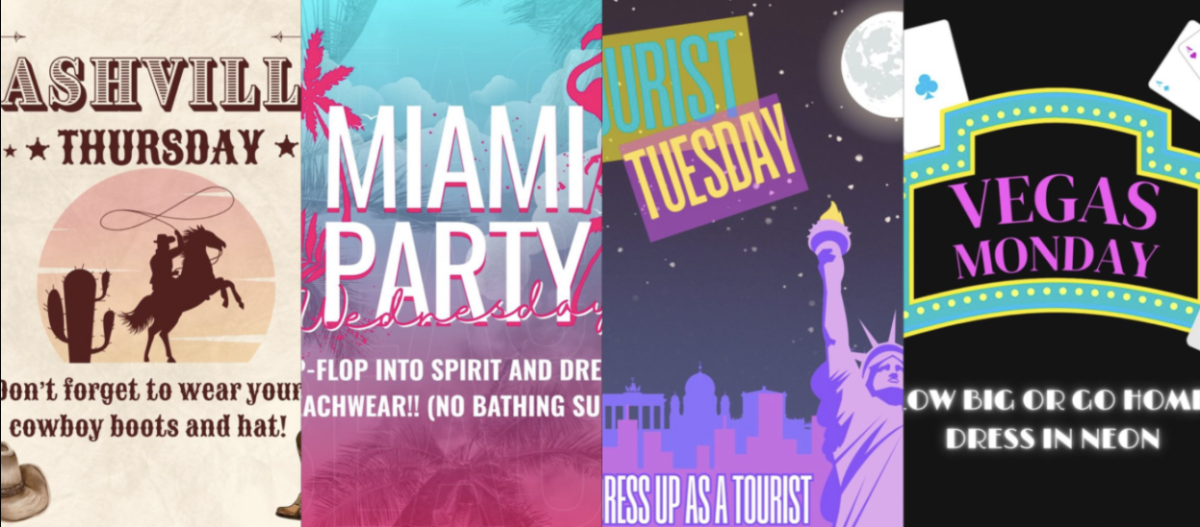
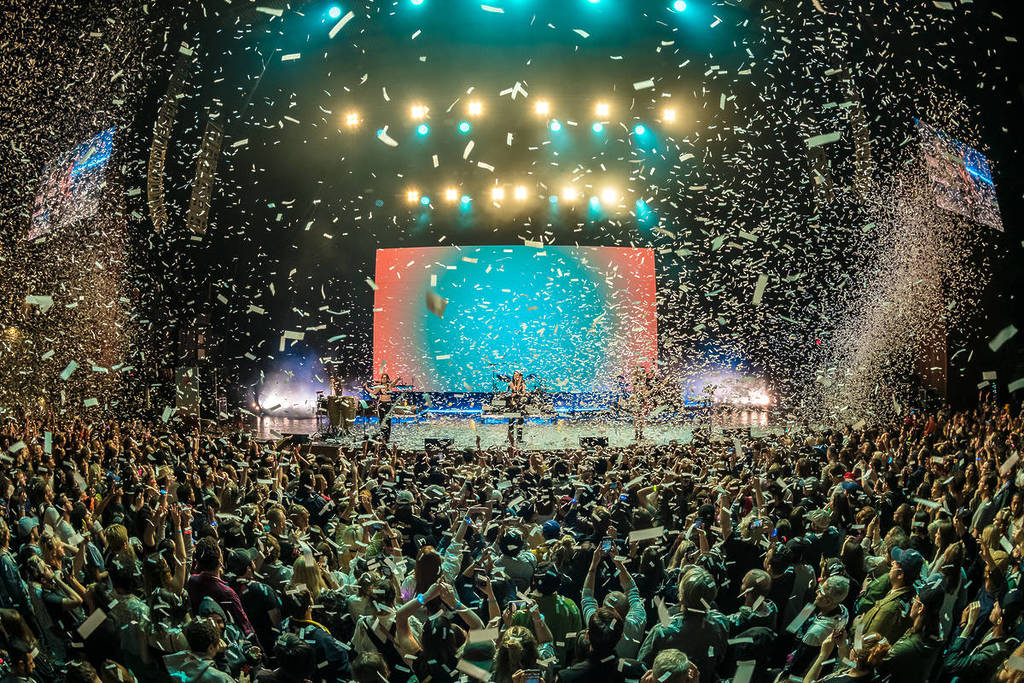

















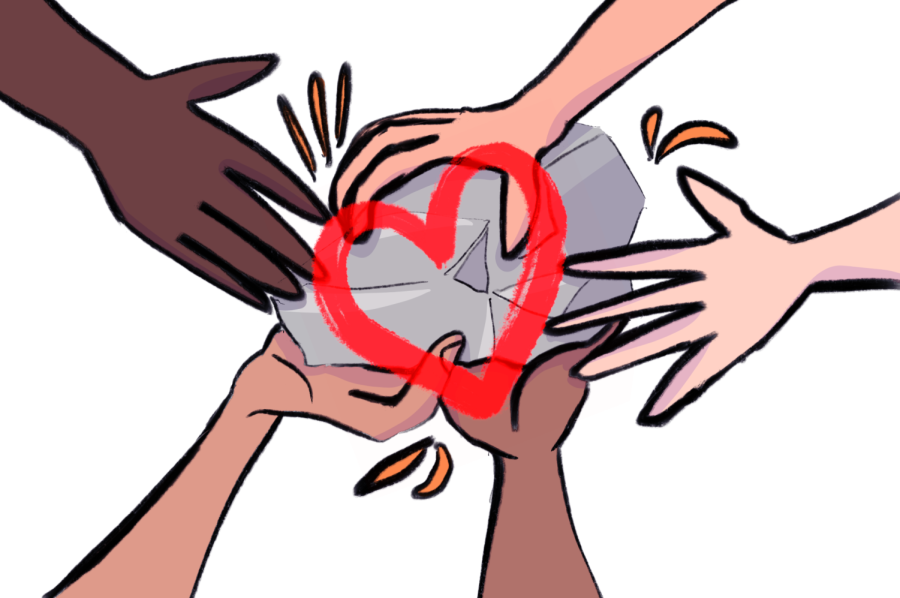


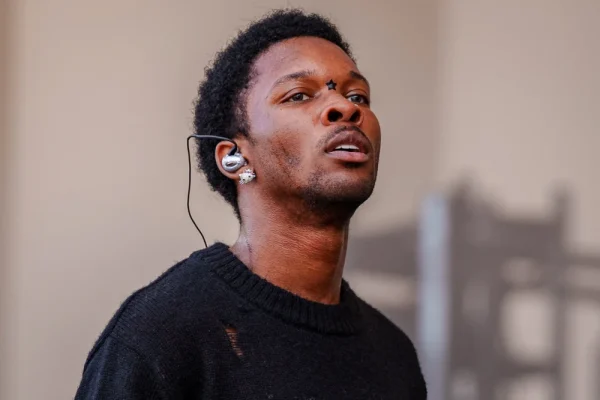
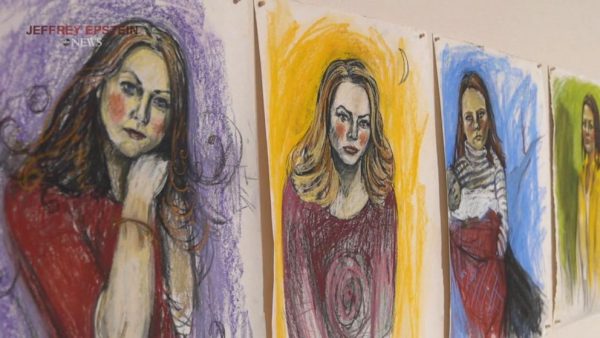

Emily Fishel • Feb 28, 2023 at 10:00 am
Great article, Obse!!
William Walsh • Feb 21, 2023 at 6:42 pm
Moving and powerful. Thank you, Obse.